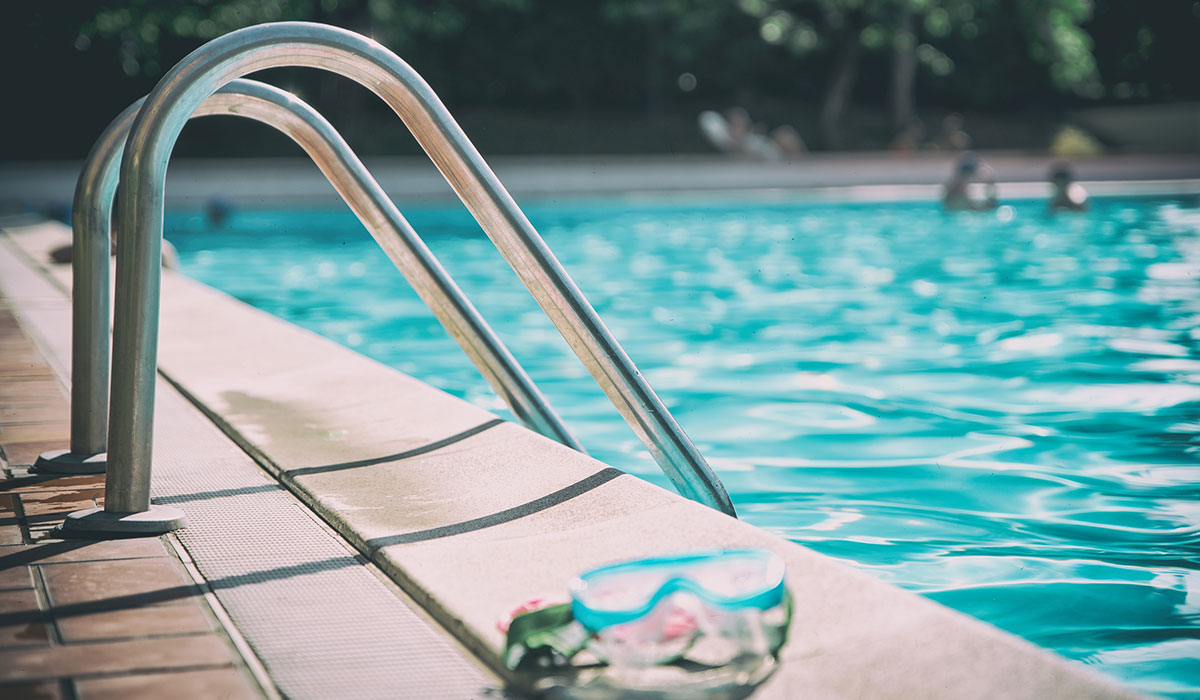In the search for the perfect pool, homeowners are faced with a crucial decision: conventional chlorine or salt disinfection? Both options have their unique supporters and benefits, but understanding the differences is key to making the right choice. In this article, we will explore in depth the distinctions between a pool with salt dye disinfection and conventional chlorine, highlighting the pros and cons of each to help you choose the option that best suits your needs.
Benefits of a Saline Disinfected Pool
- Reduced Skin and Eye Irritation: Salt disinfection produces chlorine naturally, but in much lower amounts than conventional chlorine. This means that the pool water is softer and less irritating to the skin and eyes, making it ideal for people with sensitive skin or allergies.
- Chlorine Odor Reduction: One of the most common drawbacks of conventional chlorine is its strong odor. With saline disinfection, this problem is significantly minimized, as less free chlorine is generated and therefore less unpleasant odor.
- Fewer Respiratory Problems: Inhalation of chlorine vapors may cause respiratory problems in some people, especially in closed environments such as indoor pools. Saline disinfection reduces the amount of chlorine in the water, which can help reduce respiratory problems associated with its use.
Advantages of Conventional Chlorine
- Lower Initial Cost: Installing a saline disinfection system may have a higher initial cost compared to conventional chlorine. If budget is a primary concern, traditional chlorine may be the most economical option.
- Greater Control over Chlorine Levels: With conventional chlorine, owners have more precise control over chlorine levels in the water. This can be beneficial in situations where careful monitoring is required, such as in commercial pools or in environments where high bather traffic is expected.
- Increased Effectiveness in Extreme Conditions: In extreme conditions, such as high temperatures or a particularly high bacterial load, conventional chlorine can be more effective in keeping water clean and safe for bathing.
Conclusions
When deciding between a pool with salt dye disinfection and conventional chlorine, it is important to consider a variety of factors, including cost, comfort and personal sensitivity. If you prioritize the softness of the water and the reduction of irritations, saline disinfection may be the best option. On the other hand, if you are looking for precise control over chlorine levels or need a more economical solution, conventional chlorine may be the right choice. Whatever you decide, be sure to do thorough research and consult with a professional to ensure that your pool is safe and enjoyable for everyone.
